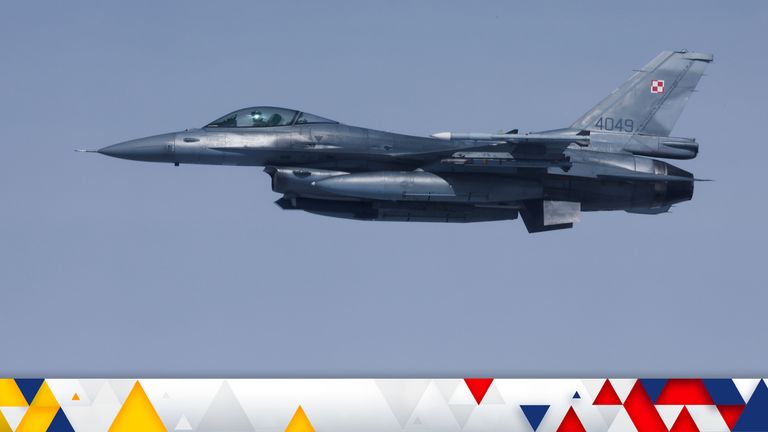Italy's foreign minister has said weapons it sends to Ukraine should not be used in Russian territory.
In a break from France and Germany - which said yesterday that Kyiv should be allowed to strike inside Russia with weapons supplied by the West in certain circumstances - Antonio Tajani also said Italy will never send troops to Ukraine.
"All the weapons leaving from Italy should be used within Ukraine," he told the Italian broadcaster RAI today.
For context: Italy supports Ukraine but has so far refused to support Kyiv using Western-supplied weapons to strike into Russia.
On Monday, Italy's deputy prime minister Matteo Salvini fiercely rejected calls from Jens Stoltenberg, NATO's secretary general, to lift restrictions on weapons.
Matteo Salvini said at the time: "NATO cannot force us to kill in Russia, nor can anyone compel us to send Italian soldiers to fight or die in Ukraine.
"If they want to go and fight in Ukraine, let Stoltenberg, Emmanuel Macron and all the bombers who want war go there."


